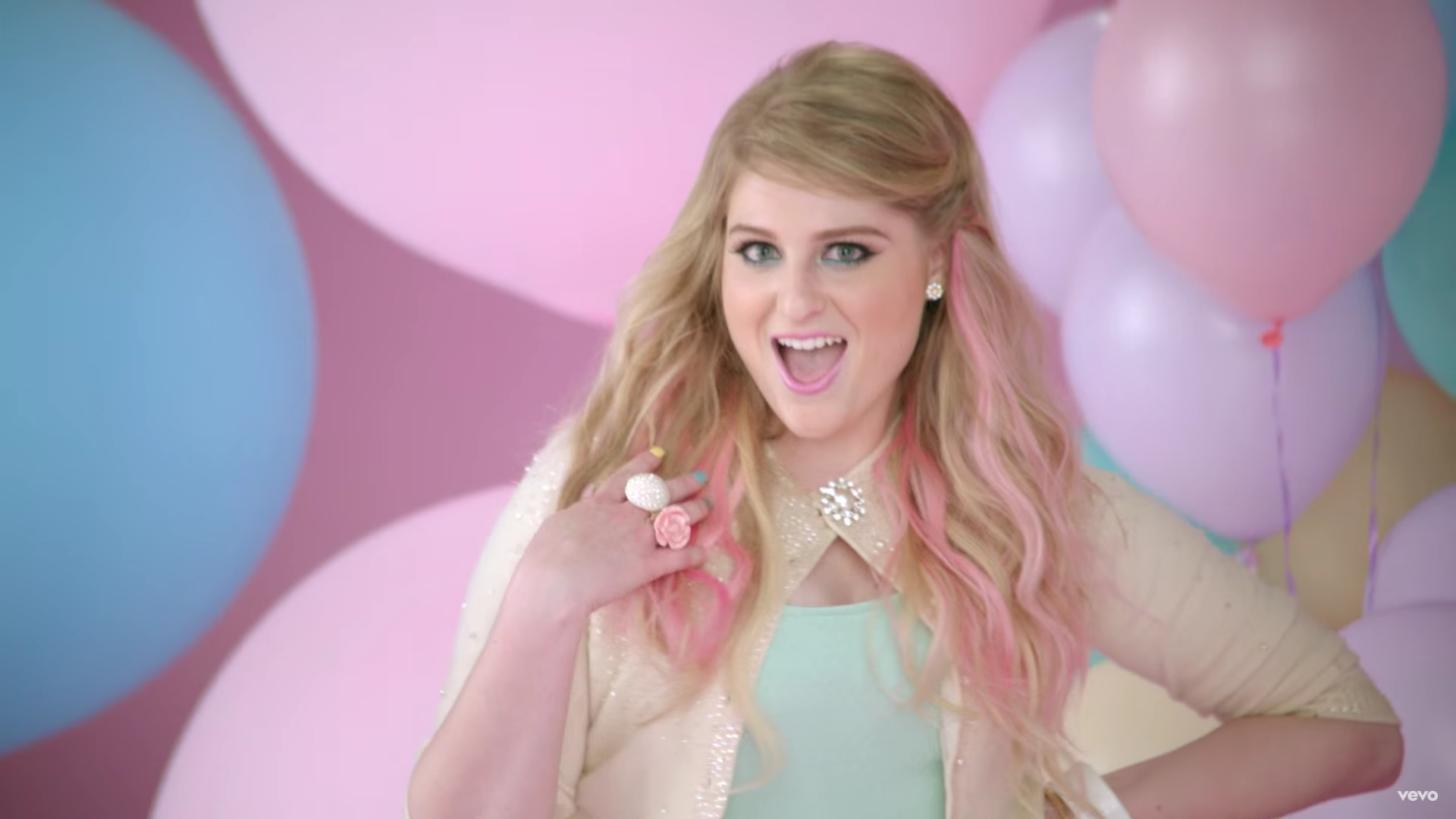Political correctness — a well-intentioned term that once had credibility has now become a pejorative in modern usage. Politicians today promise to wage a war on a theme that has managed to reach college campuses, award ceremonies, social media and most of popular culture. But what about music?
Though college students today demand safe spaces and trigger warnings more than ever, songs such as “Jumpman” by Drake and Future — which gives an accidental shout-out to the terrorist group the Taliban — and “Broccoli” by D.R.A.M. — which references the shooting at Columbine High School — continue to gain airplay on the radio. This has created a double standard among millennials when it comes to political correctness. Millennials want to call out something that’s offensive on Twitter whenever it pleases them, but they also want to sing along to the latest wildly questionable Young Thug song when it comes on at the bar.
But that free pass for unfiltered speech doesn’t apply to everyone. Consider Meghan Trainor’s 2014 debut single, “All About That Bass,” a song lauded as an anthem for women who do not conform to mainstream beauty standards. However, the singer still received backlash from feminists for body-shaming, as she gleefully sang she’s “bringing booty back/ Go ahead and tell them skinny bitches that.”
That same year, Nicki Minaj released “Anaconda,” a song in which she chants “Fuck the skinny bitches!” and later “Fuck you if you skinny bitches, what?!” These problematic lyrics were not criticized as much as an assault on thin women, nor did they receive the same level of controversy as Trainor did for a similar, yet softer sentiment.
Robin Thicke’s 2013 smash hit “Blurred Lines” was frequently depicted as a song trivializing consent and disrespecting women’s bodies. However, rappers in the past and today still sing lyrics that clearly demean women and sometimes even hint at rape. So why is it that rappers can usually get away with singing offensive content, but pop singers fall victim to the culture of political correctness that exists today?
Rap music, despite constantly evolving, is a voice to counter popular culture. Its appeal lies within the malice and sense of apathy that is illuminated by offensive lyrics. Rappers aren’t supposed to care about sounding politically correct, and it is this demand for an unapologetic voice that allows problematic lyrics to go unnoticed.
Though problematic pop songs occasionally spark controversy, the demand for the content never diminishes. Both Trainor and Thicke may have received backlash for their lyrics, but that didn’t stop their music from reaching massive success. Trainor’s allegations of anti-feminism did not stop her single from reaching No. 1 in more than 20 countries and Thicke’s objectification of women did not prevent him from garnering two Grammy nominations.
If listeners began tallying every problematic lyric or performance by their favorite artists, they would not be left with much music to consume to at all. In an industry where shock value is highly regarded, problematic song lyrics will continue to be overlooked. Radio listeners don’t necessarily want sophisticated tracks with a deep meaning to listen to on the way to work. Thoughtless song lyrics — and the microaggressions they perpetuate — may serve as a break in a world where trigger warnings are demanded.



